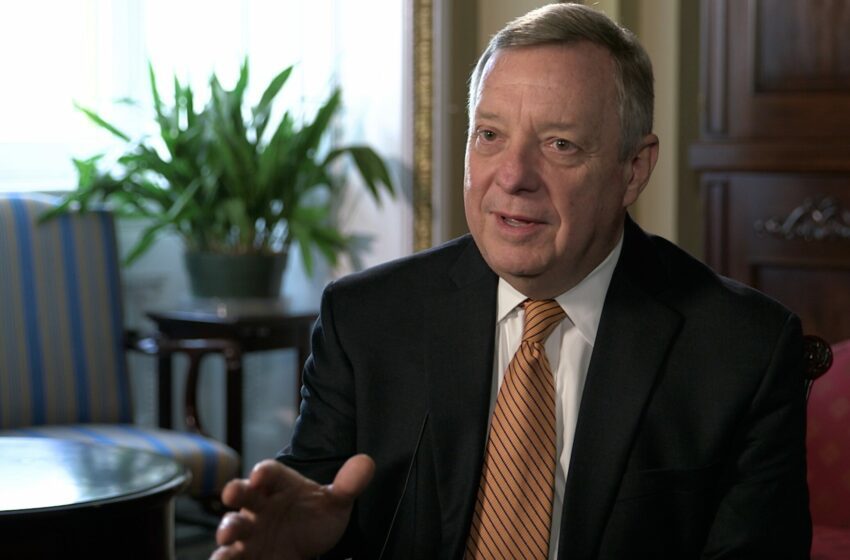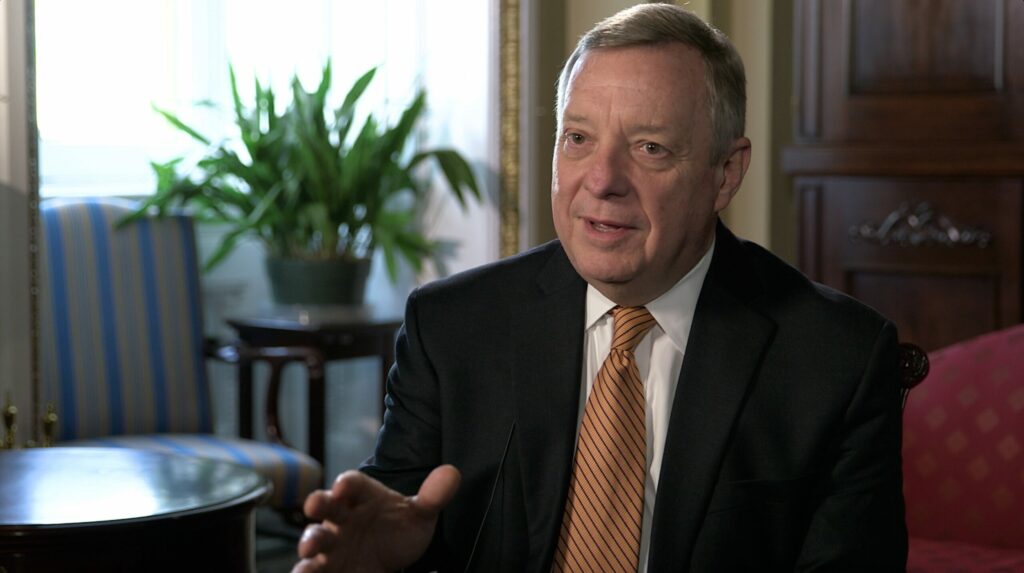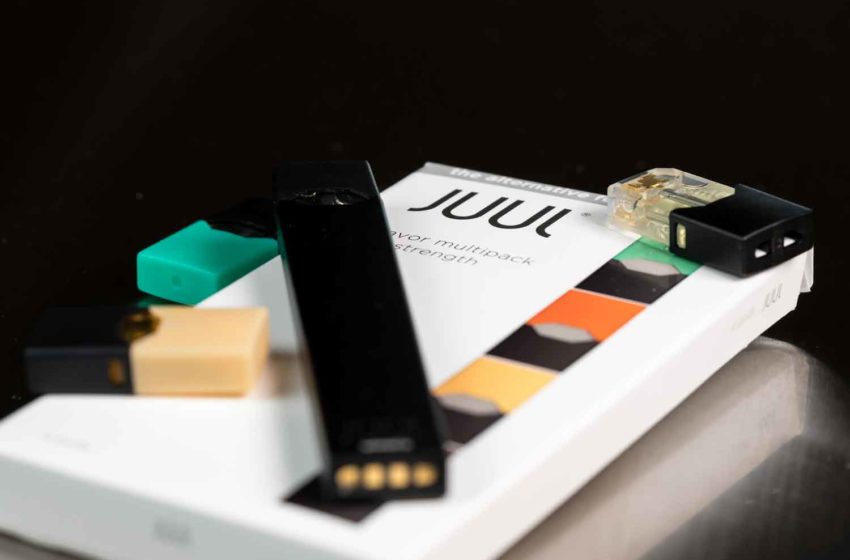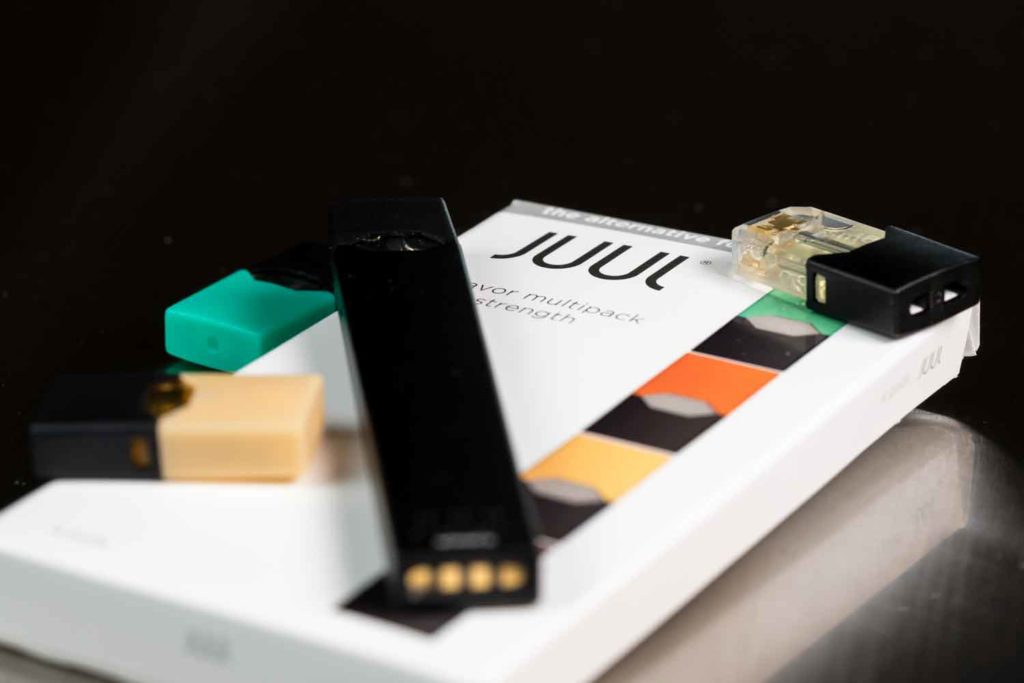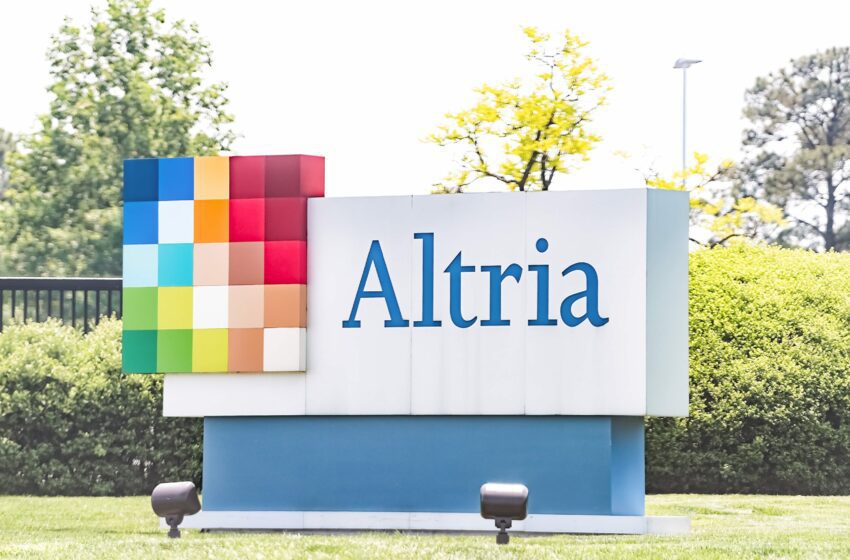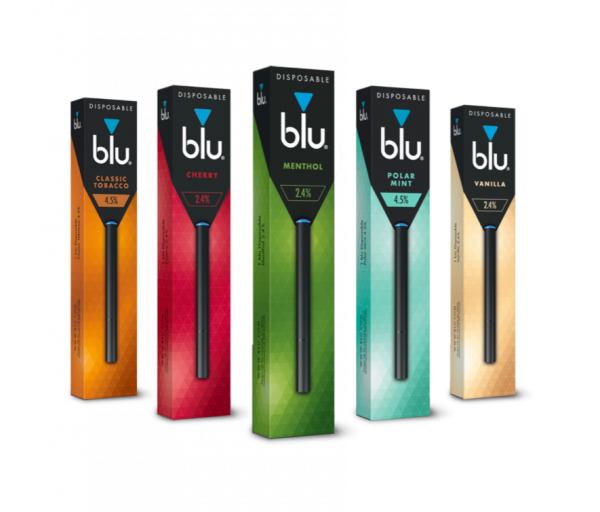The FDA has published final guidance for the tobacco industry on the “Validation and Verification of Analytical Testing Methods Used for Tobacco Products.” This guidance provides recommendations for tobacco manufacturers on how to generate validation and verification data for analytical methods supporting regulatory submissions, including Substantial Equivalence (SE) reports, Premarket Tobacco Product Applications (PMTA), and Modified Risk Tobacco Product Applications (MRTPA). It also applies to testing and reporting harmful and potentially harmful constituents (HPHCs) in tobacco products and tobacco smoke.
The updated guidance finalizes the draft issued in December 2021, incorporating comments received from stakeholders. Key changes include updates reflecting recent statutory revisions, such as the inclusion of synthetic nicotine under the definition of tobacco products, and clarifications on alternative validation procedures. The guidance also supports the use of national and international standard test methods and provides detailed recommendations on laboratory accreditation, statistical methods, and analytical test method validation, helping the industry produce more reliable and consistent data for regulatory purposes.



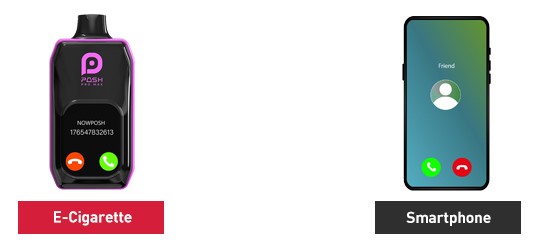
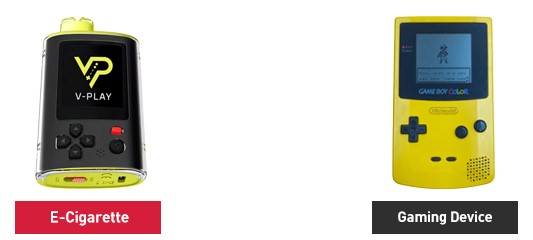


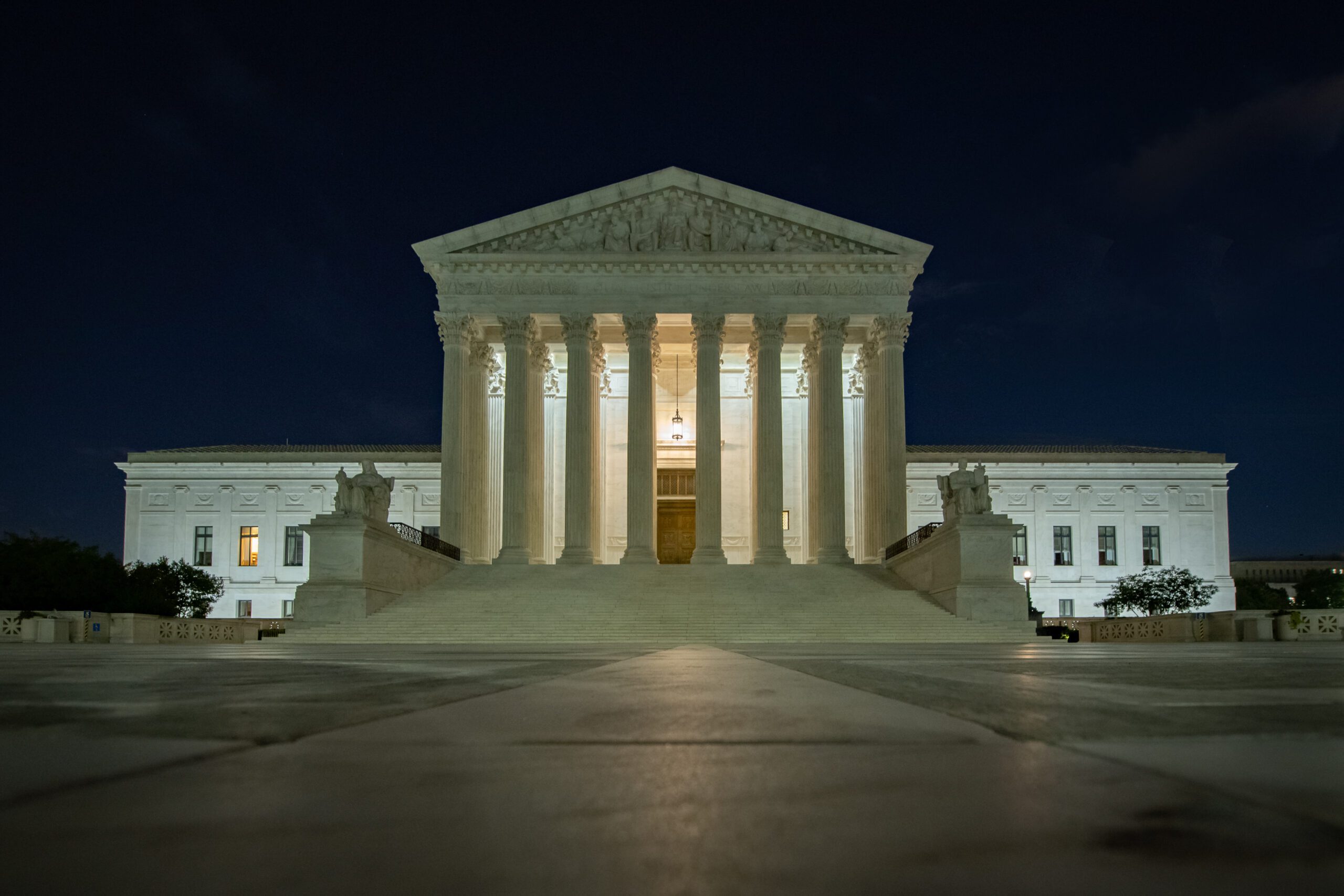




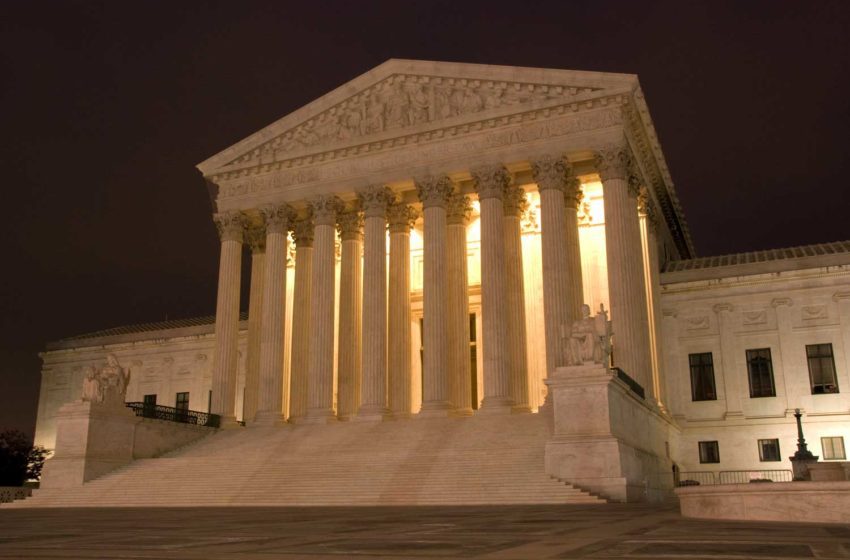
 The U.S. Supreme Court agreed on Tuesday to hear the U.S. Food and Drug Administration’s defense of the
The U.S. Supreme Court agreed on Tuesday to hear the U.S. Food and Drug Administration’s defense of the 